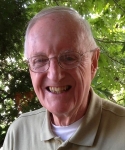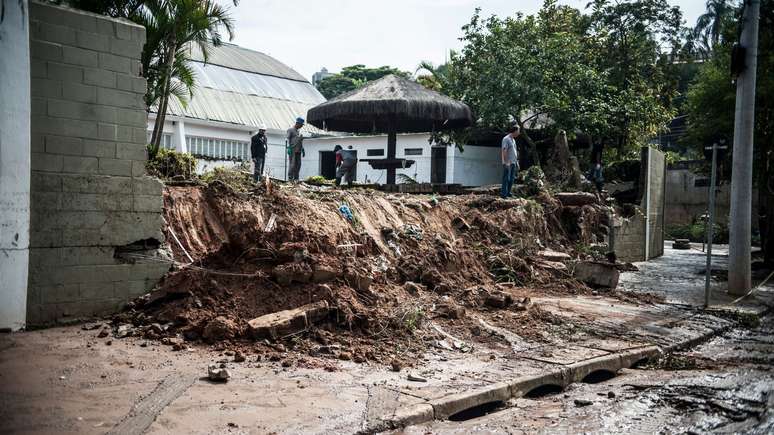
by Joseph Nangle, OFM
Pax Christi USA 2023 Teacher of Peace

This week’s reflection will be done in the first person (something I generally avoid). It concerns a person who caused a life-changing turn in my life and who now is nearing death, Peruvian theologian and Dominican friar Fr. Gustavo Gutiérrez.
I came to know Gustavo in 1968, when he already was recognized as an outstanding scholar. He invited me with dozens of other ex-patriot priests working in Peru to weekly conversations centered on our pastoral work.
From the beginning Gustavo’s methodology gave evidence of what would become known as Liberation Theology, although at that time the phrase had not as yet been articulated.
He would invite us to share our day-to-day experiences as parish priests – the ordinary and sometimes dramatic events in our ministries. He was a great listener and for an hour or more at these meetings never interrupted us.
Toward the end of our sessions then, he would summarize what he had been hearing, but never correcting us or giving directions as to how we should be conducting our parish work. Instead, he would tell us that what we were sharing was the “raw material” of his theological reflections.
Looking back on these weekly meetings, it is clear, whether or not any of us realized it, that a new theological methodology was emerging, one that was simple and profound: an inductive, “reality to conclusions” process rather than the traditional deductive approach which repeated the tenets of the faith and applied them to every given situation.
A back story about this “new way” was one I heard years later. According to this account, several Latin American priests who had been sent to study theology in academic centers of Europe during the 1960s (the years of Second Vatican Council), returned home and began teaching. They quickly saw that “were answering questions no one was asking.” That gave rise to the obvious question: where does one begin to theologize in a way that is pertinent, appropriate, relevant to Latin America?
Gustavo Gutiérrez was a leading figure in this process. He discerned that lived experience, reality, what is going on, is a proper starting place for theological reflections which then had the task of wrestling with the follow up question, “What does God’s word have to say about each of these situations.” His questioning extended beyond personal matters to much broader issues. Much later he would put it this way: “What do the Scriptures have to say to ‘non human beings,’ impoverished people living in a world (Latin America in this case) where they are considered useless, nameless, even non-existent?”
Gustavo began expressing that what we were doing in our sessions was elaborating a “Theology of Development.” However, as I recall, he quickly laid aside that idea and suggested that our pastoral work with and for these “non-human beings” was connected with the Exodus story in the history of salvation; that our pastoral efforts were about that same movement – from slavery to freedom and dignity. A theology of liberation!
This concept and its consequences spread quickly through the post-Vatican II Latin American Catholic Church.* Thanks in great part to Gustavo’s influence and with the backing of the institutional Church, new kinds of pastoral practices began:
- a preferential option for the poor guiding every aspect of our catechesis, sacramental life, bishops’ pastoral letters, lifestyles
- an expanded spirituality based on a reading of the Gospel in the light of “structural, systemic, institutionalized injustices”
- a growing awareness of the causes for the chasm between the “haves” and the “have nots,” both people and nations
- preaching the “full Gospel”
I and millions more were fortunate beneficiaries of this, thanks to a spirit-filled thinker and firm believer in the Word Incarnate: Gustavo Gutiérrez, OP. Bless him now as he journeys home.
*It was not by any means universally accepted, however, but that is another story.
Joe Nangle OFM is a Pax Christi USA Ambassador of Peace and the 2023 Pax Christi USA Teacher of Peace. As a member of the Assisi Community in Washington, D.C., he is dedicated to simple living and social change. Joe also serves as the Pastoral Associate for the Latino community at Our Lady Queen of Peace, Arlington, Virginia.







Leave a Reply